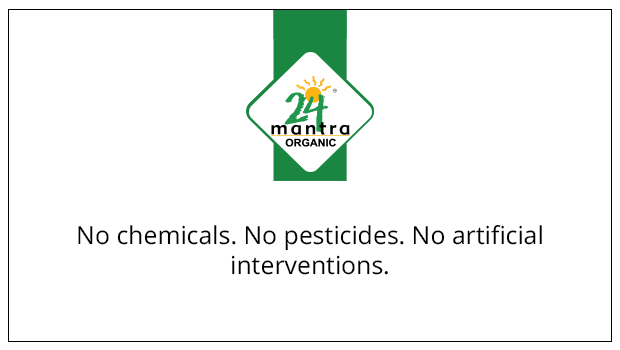Tips on effective prevention of food poisoning:
Food poisoning is an illness caused by eating contaminated food. More often than not it is not serious and most people do not need treatment and they get better soon. Food is the vehicle that carries the contaminants which may be microorganisms or chemicals. In case food is contaminated it is usually bacteria that causes food poisoning.
Symptoms of food poisoning
The symptoms of food poisoning may be mild or severe depending on the microorganism that is present in the contaminated food consumed. The common symptoms of food poisoning are
- Nausea
- Vomiting
- Diarrhoea
- Stomach cramps
- Abdominal discomfort
- Fever
People who are most vulnerable to food poisoning are young children, pregnant women, senior citizens and people whose immune system is compromised for any reason.
Foods that are more prone to contamination
Foods that are more susceptible to contamination if they are not handled or cooked properly or stored appropriately are
- Raw meat
- Raw poultry
- Raw eggs, cracked eggs
- Raw shellfish
- Unpasteurized milk
Effective prevention of food poisoning
There are a few measures for prevention of food poisoning
- Never buy canned food which are leaky or dented or bulging.
- The kitchen should be cleaned regularly and keep the cupboards clean.
- Trash cans should be covered and emptied regularly for the prevention of food poisoning.
- Do not cough or sneeze over food for the effective prevention of food poisoning. Anyone with infection should not prepare, handle, or serve food. If a person has cuts or wounds on the hands it is better not to handle food until they are cleaned and covered for the prevention of food poisoning.
- Wash and rinse fruits and vegetables (especially salads) thoroughly under running water.
- Sprouting should be done in a hygienic manner because sprouting conditions are a perfect medium for bacteria to grow.
- Cook food thoroughly especially foods from animal sources
- Store food at the right temperature
- Do not leave cooked food in warm temperature for a long time
- If you doubt that the food is spoilt discard it, do not even try tasting to check if it is ok.
- While chopping food use different chopping boards for raw food and ready to eat foods
- In the refrigerator store raw food and cooked food separately.
- Clean the refrigerator regularly and thoroughly. Keep the refrigerator temperature below 50
- If you are freezing leftover food do it in small portions so that you can thaw and reheat it thoroughly before eating. Do not repeatedly thaw and freeze.
- Do not consume food after the expiry date. Always, use the food before “use by” or “best before” date.
- Buy food from a trusted supplier whose place is hygienically maintained
- Wash hands thoroughly
- before cooking
- before and after handling raw food
- after using the washroom
- after changing a baby’s diaper
- after touching pets
- after handling trash cans or any waste
Children especially should be made aware of the washing hands habit. These are some simple steps to be taken for the prevention of food poisoning. These can be easily followed and avert any serious food poisoning episodes. Everyone who handles, prepares and serves food have to be made aware of all these measures.
 16.07.2024
16.07.2024 12.07.2024
12.07.2024 10.07.2024
10.07.2024 4.07.2024
4.07.2024


